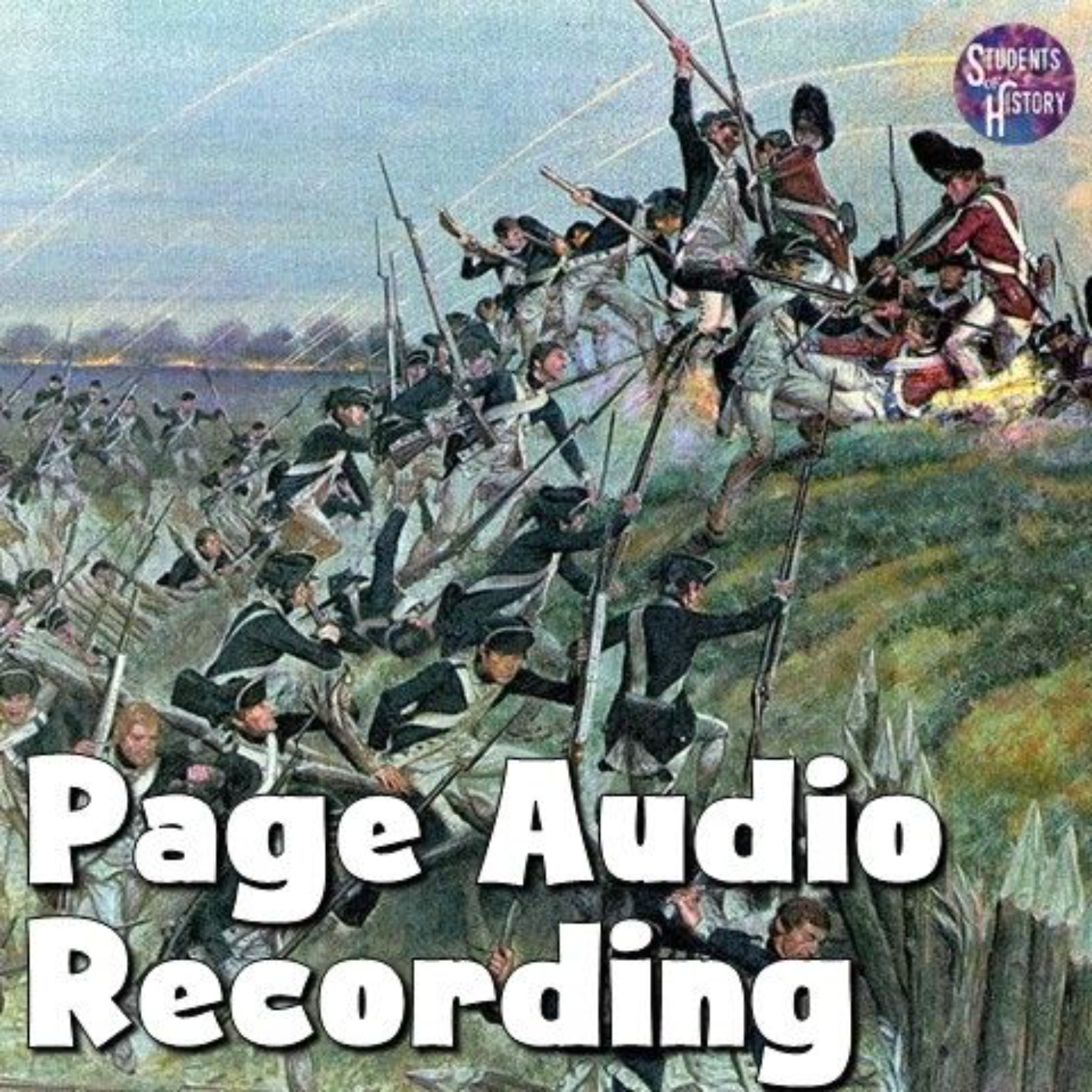Prince Henry the Navigator

Upon first look at his name, it would make sense to assume that Prince Henry the Navigator of Portugal earned his name through voyages and exploration. However, that is not the case, even though many still ascribe the term “Navigator” to Prince Henry in writings. He derived his name from the many voyages that he sponsored to the New World and beyond.
Henry was born in March of 1394 to King John I and Philippa of Lancaster in Porto, Portugal. In 1420, Henry was made the leader of a religious group in Portugal known as the Order of Christ. With much of the money that came in to support this group, Henry was able to fund explorations that took place across the Atlantic Ocean and down the West Coast of Africa. Henry was attracted by the potential riches that he could find on the African continent, specifically the amounts of gold and the enslaved people that he could acquire for Portugal in his quest to bring wealth to his country. Prince Henry also wanted to build up his number of Christian allies, improve his knowledge of geography, and find a sea route to Asia.

Prince Henry is also remembered for two important contributions to the fate of Portuguese exploration. Around 1418, he opened the first school for oceanic navigation, where students could learn about map-making, scientific practices, astronomy, and more skills that would aid them in their journey down the west coast of Africa.
The second contribution was the founding of the Transatlantic slave trade. Two of his captains, Antao Goncalves and Nuno Tristao, had ventured to Cape Bianco in what is now Tunisia. The two men were the first Europeans to buy enslaved Africans and brought several of them back to Europe. It began with twelve kidnapped men and women the first year, and then many more in the following years as the slave trade grew in size, influence, and power. Prince Henry was in power and oversaw these voyages actively until his death in 1460.